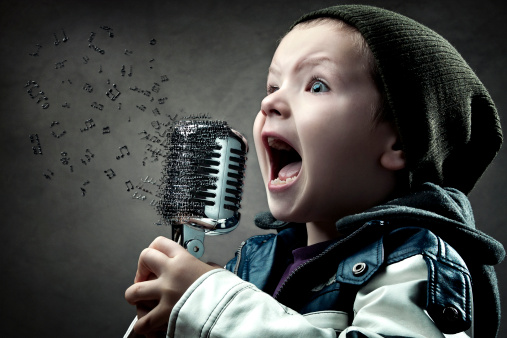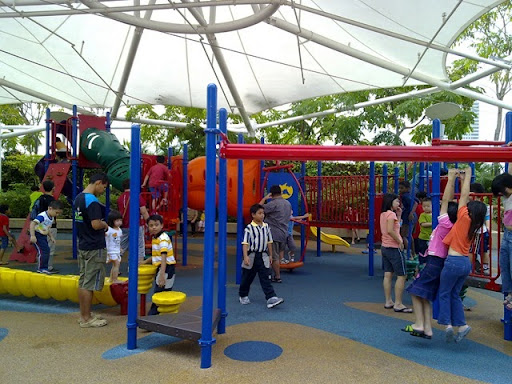These days children are fond of listening to music. It is considered as a great way of recreation by the ‘Mp3 generation’ but only when it does not affect their health. Loud noise can cause serious damage to the ears.
While listening to music can be soothing to the nerves, exposure to loud music can have detrimental effects on hearing. So, if your children are fond of loud music, here is something you need to know and help them maintain their hobby as well as their health.
With the advent iPods and music players, exposure to loud music has become very common and is especially preferred by teenagers. This increases their noise exposure, which can have serious effects on their hearing. While, the use of personal music systems is still studied, it is accepted that exposure to loud noise or music to extreme decibels can be dangerous.

Science speaks
The loudness of normal conversation is at 60 decibels and the sounds between 60 and 80 decibels are loud noises. Loudness beyond 85 decibels can affect hearing and exposure to such noises for a long time can even cause permanent hearing loss.
Extremely loud sounds affect the ears by damaging the hair cells of the cochlea in the inner ear. In case of temporary exposure to the sound, the cochlea can recover however repeated and continuous listening to very loud sounds can cause permanent damage.
Noise induced hearing loss can occur due to sudden one time exposure to a very loud sound or by continuous exposure to extreme decibels for a longer duration. Noisy recreational activities, especially listening to music players set at loud volumes can damage the ears.
You can help
Some of the measures that can be taken to prevent noise induced hearing loss are,
· Limit the usage of music players or at least avoid setting them at high volumes;
· Restrict use of earphones with loud music as they directly have an impact on the ears;
· Consider using ear plugs to reduce the amount of sound entering the ears in places having loud sounds, like music concerts, etc.
· Try to engage children and teens in other healthy recreational activities also to maintain a balance and foster a comprehensive development.




